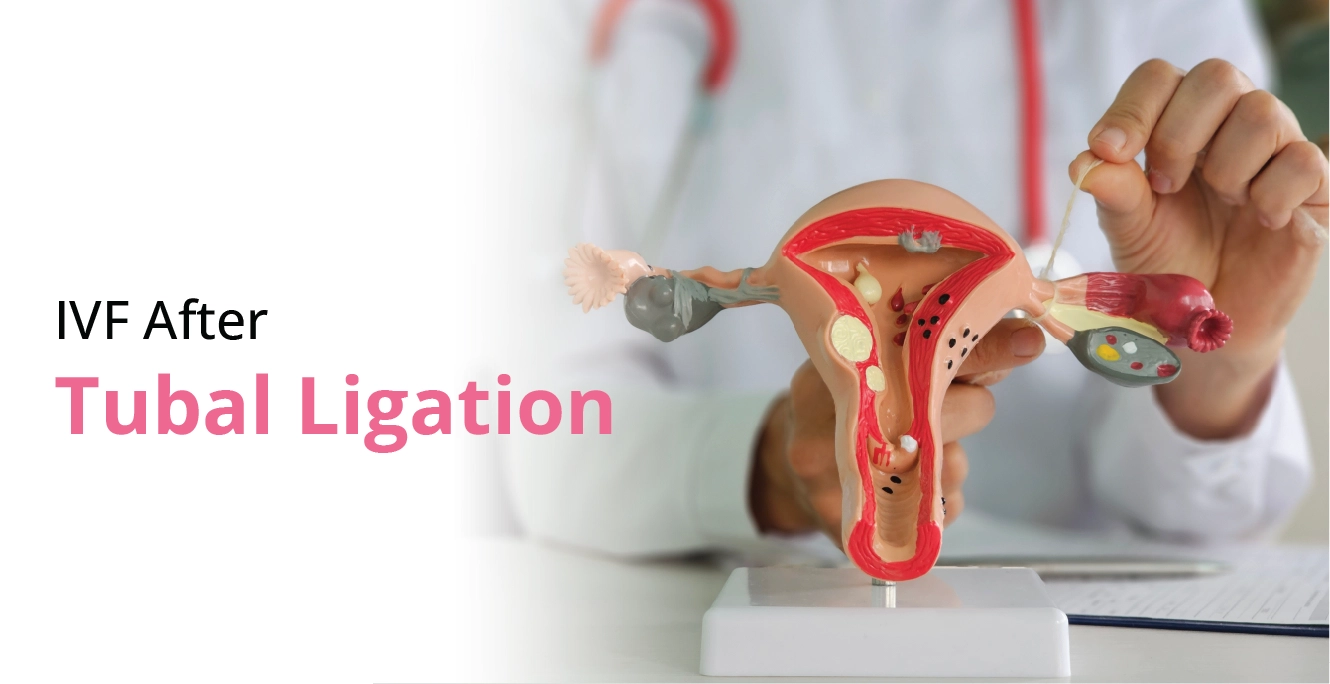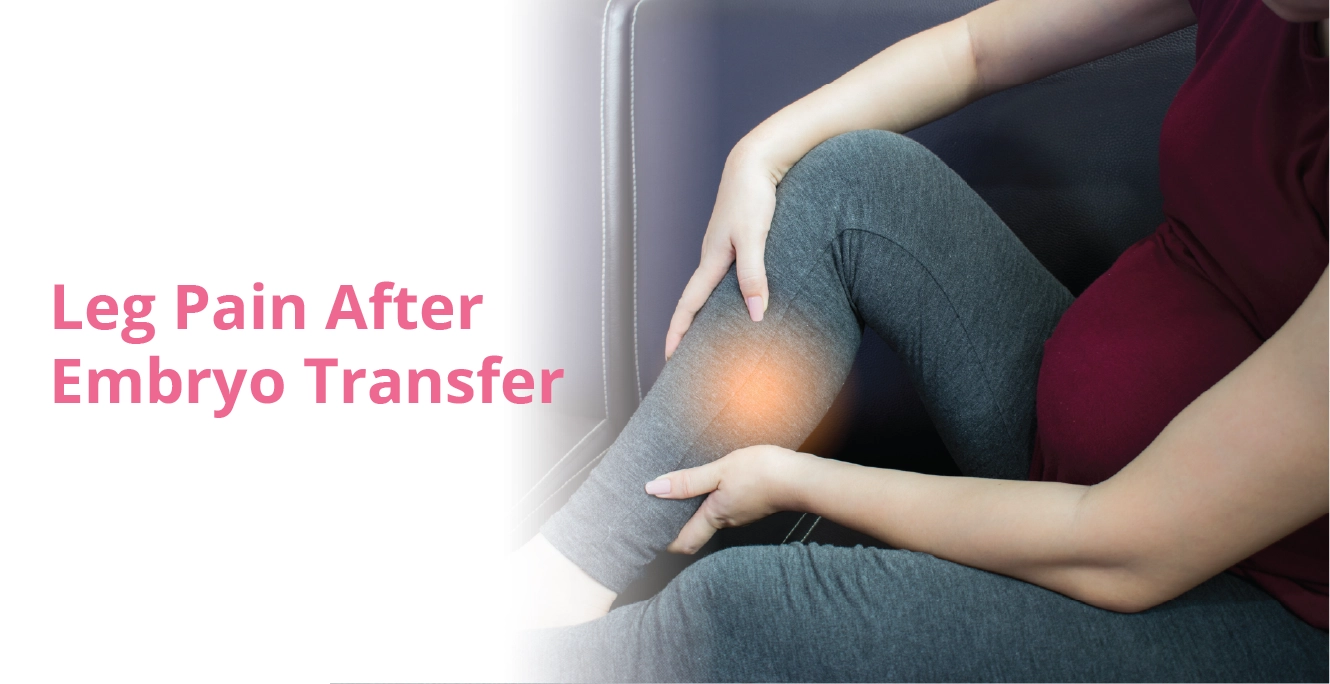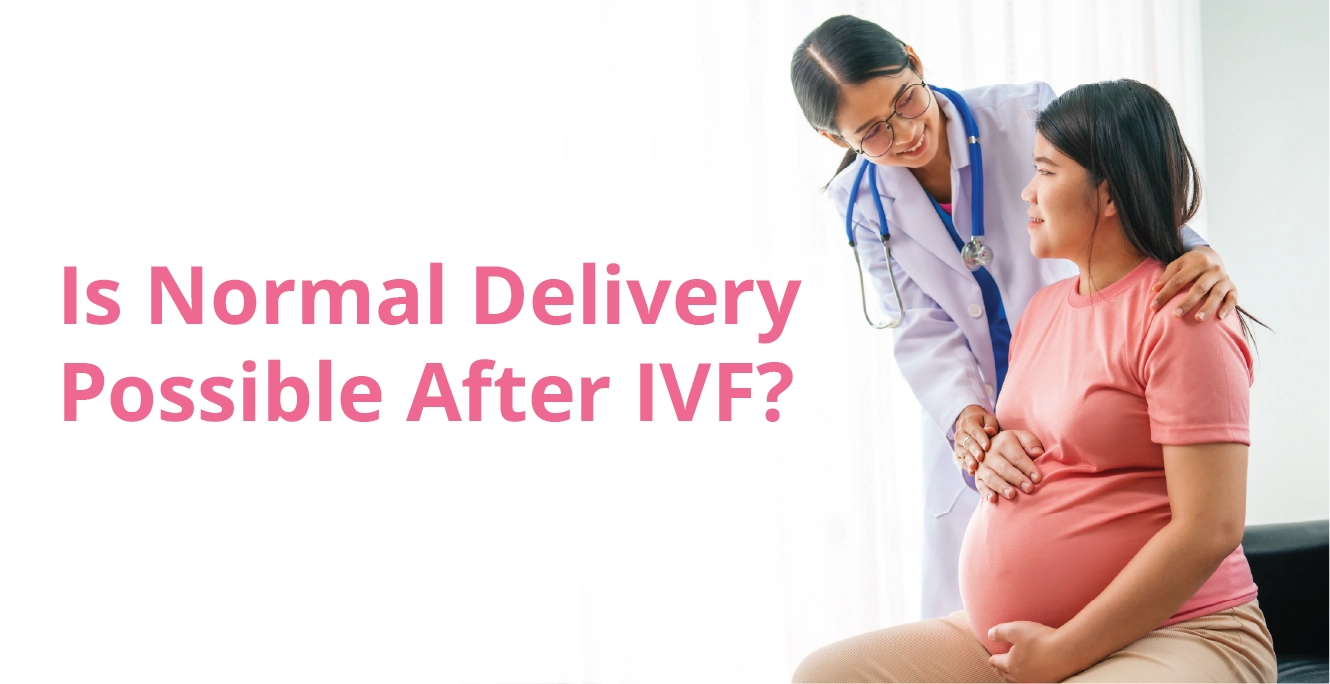
Is IVF Procedure Painful? What to Expect During the Process

Table of Contents
Key Takeaways
-
Understanding IVF stages: The IVF process includes ovarian stimulation, egg retrieval, embryo transfer, and luteal phase support with mild to moderate discomfort and potential side effects.
-
Individual pain perception: The pain experienced during IVF varies widely among individuals, influenced by factors such as genetics, prior medical experiences and emotional states. Recognising these differences can help create a supportive environment for patients undergoing treatment.
-
Coping strategies: Both emotional and physical discomfort can be managed through support networks, professional counselling, self-care practices and over-the-counter pain relief. Staying hydrated and maintaining a healthy lifestyle can also help ease discomfort.
-
Handling failed cycles: Emotional distress from unsuccessful IVF attempts is common. Patients are encouraged to seek support, acknowledge their feelings, and consult with their doctors about the next steps and adjustments for future cycles.
Starting In Vitro Fertilisation (IVF) treatment can feel overwhelming. It is a profound journey filled with hope and uncertainty, with so much to take in and unfamiliar medical terminology to navigate. One common concern for many couples is the potential pain and discomfort associated with IVF. Many individuals frequently wonder, ‘Is IVF a painful process?’
While everyone’s experience is unique, knowing what to expect can help you feel more prepared and supported. In this article, we’ll explore the various stages of IVF and the potential pain or discomfort associated with each step. We’ll also discuss strategies for managing any discomfort and the importance of open communication with your doctor.
First, let’s understand the IVF process briefly.
The IVF Process: What to Expect at Each Stage
Stage 1: Ovarian stimulation
Procedure: The IVF process begins with ovarian stimulation. During this phase, you’ll receive daily hormone injections to stimulate your ovaries to produce multiple mature eggs.
Potential side effects: While some patients report a slight stinging sensation during injection administration, it is generally not considered painful. Most women find the discomfort afterwards comparable to that of a typical menstrual cycle, with possible side effects like:
-
Mood swings
-
Fatigue
-
Headaches
-
Hot flashes
-
Nausea
-
Bloating
-
Breast tenderness
-
Decreased libido
-
Menstrual bleeding or spotting
In rare cases, women may develop Ovarian Hyperstimulation Syndrome (OHSS), a condition causing swollen ovaries and fluid accumulation in the abdomen.
Stage 2: Egg retrieval
Procedure: Egg retrieval is performed under sedation or anaesthesia, making it virtually painless for most patients. A thin needle is guided through the vaginal wall to collect eggs from the ovaries.
Potential side effects: Although some may experience mild cramping or pressure afterwards, this discomfort is usually short-lived and manageable with pain relief medication. Clear or bloody vaginal discharge is also common for a few days post-procedure.
Stage 3: Embryo transfer
Procedure: The embryo transfer involves placing fertilised embryos into the uterus using a thin catheter.
Potential side effects: This procedure is typically quick and painless, although some women may feel mild discomfort similar to that experienced during a Pap smear.
This discomfort is typically short-lived and can be managed with over-the-counter pain medications.
Stage 4: Luteal phase support
Procedure: After embryo transfer, you may be given progesterone support to help with embryo implantation. Progesterone can be administered in the form of injections or oral medications.
Potential side effects: Progesterone injections can be more painful than ovarian stimulation injections and may cause bumps at the injection site. In contrast, vaginal gels or suppositories can be less painful than injections.
Understanding Individual Pain Perception in IVF
Now, let’s take an honest look at what you might experience and answer the question
Is IVF painful?
It’s important to recognise that pain is a deeply personal experience, especially during IVF treatment. To understand whether IVF is painful, we must understand that each individual’s perception of pain can differ significantly; what one person may describe as mild discomfort, another might find intensely painful.
Factors like genetic predisposition, pain tolerance, individual sensitivity, overall health, previous medical experiences, and emotional state can influence how you experience pain. It’s essential to approach this journey with compassion and awareness that your feelings are valid. Acknowledging each person’s unique experience can foster a supportive environment, helping everyone navigate the emotional and physical challenges of IVF with understanding and care.
Remember, you are not alone in this journey. Open communication with your fertility doctors and nurses is crucial as they can provide personalised guidance and support tailored to your unique needs.
Managing Pain During IVF
IVF is not just a physical journey but an emotional one as well. The process involves a significant emotional investment, and the outcome can be deeply impactful. It’s normal to feel stress, anxiety or even grief, especially if a treatment cycle is unsuccessful. Managing these emotions is an essential part of the IVF experience. It’s crucial to acknowledge and validate these feelings as a normal part of the process.
Ways to Cope with Emotional Stress
Throughout your IVF journey, there are various strategies you can use to manage emotional stress:
-
Lean on your immediate support network: Your partner, family and friends can offer invaluable emotional support. Don’t hesitate to reach out when you need a listening ear or a comforting presence.
-
Consider professional support: Counselling or therapy can provide a safe space to process and manage the complex emotions that often accompany fertility treatments.
-
Connect with others: Joining support groups or online communities can help you feel less alone and provide a space to share your experiences.
-
Prioritise self-care: Make time for activities that bring you joy and help you relax, whether that’s gentle yoga, reading a good book, or spending time in nature.
-
Practice self-compassion: Be gentle and allow room for all your emotions without judgement. It’s okay to grieve after a failed cycle.
Ways to Cope with Physical Discomfort
To manage physical discomfort during IVF, it’s essential to understand the potential duration of pain at each stage of the process.
IVF Stages and Associated Discomforts: At a glance
|
IVF Stage |
Potential Pain/Discomfort |
Duration |
|
Ovarian stimulation |
Injection site soreness, bloating, mild abdominal discomfort |
10-12 days |
|
Egg retrieval |
Lower abdominal pain/cramping, vaginal discharge |
3-5 days post-procedure |
|
Embryo transfer |
Mild to moderate cramping |
1-2 days post-transfer |
|
Luteal phase support |
Injection site soreness |
1-2 days |
During your IVF journey, these methods can help reduce physical discomfort:
-
Use over-the-counter medications: If IVF is painful for you, your doctor may prescribe painkillers to help reduce cramping and abdominal pain.
-
Rest and rejuvenate: Rest is crucial, especially after procedures like egg retrieval. Give your body the downtime it needs to recover. Practice stress-reducing techniques like yoga, deep breathing, meditation, or gentle exercise.
-
Stay hydrated: Drink plenty of water and electrolyte-rich fluids, especially after egg retrieval and during the luteal phase.
-
Maintain a healthy lifestyle: A balanced diet and regular exercise (as approved by your doctor) can contribute to overall well-being and reduce physical discomfort.
-
Alternative medication options: Discuss with your doctor any alternative medication options, like vaginal gel or suppositories, if injections are too painful.
When IVF Doesn’t Succeed: Coping with a Failed Cycle
It’s important to remember that a failed IVF cycle is not uncommon, and it often takes multiple attempts to achieve a successful pregnancy. The emotional pain of a negative outcome can be profound, and it’s crucial to give yourself space to process and grieve.
-
Be kind to yourself and acknowledge that the grief and disappointment you feel are valid.
-
Acknowledge that your feelings of loss or sadness are normal. There is no ‘right’ or ‘wrong’ way to feel after a failed cycle.
-
Seek support from loved ones and your doctor as needed. Talk to your partner, confide in trusted friends or family members, and consider joining a support group for people who have gone through similar experiences.
-
When you’re ready, schedule a follow-up with your doctor to discuss the next steps and any adjustments that could potentially improve your chances of success in the future.
Myths and Facts:
Myths about IVF Pregnancy
-
IVF always guarantees success
-
IVF pregnancies always result in multiple births
-
Children conceived through IVF are unhealthy
-
IVF requires complete bed rest
Facts about IVF Pregnancy:
-
IVF can help with various infertility issues
-
Age impacts IVF success rates
-
IVF does not deplete egg reserves
-
Lifestyle factors can impact IVF success
A Word from the Expert:
IVF can be an intense experience, but it’s important to remember that any discomfort or pain you may feel is temporary. By working closely with your healthcare team and prioritising self-care, you can navigate this journey with resilience and hope. Don’t hesitate to reach out for support when you need it—you are not alone in this process. ~ Prachi Benara
Our Fertility Specialists
Related Blogs
To know more
Birla Fertility & IVF aims at transforming the future of fertility globally, through outstanding clinical outcomes, research, innovation and compassionate care.
Had an IVF Failure?
Talk to our fertility experts

 Our Centers
Our Centers















